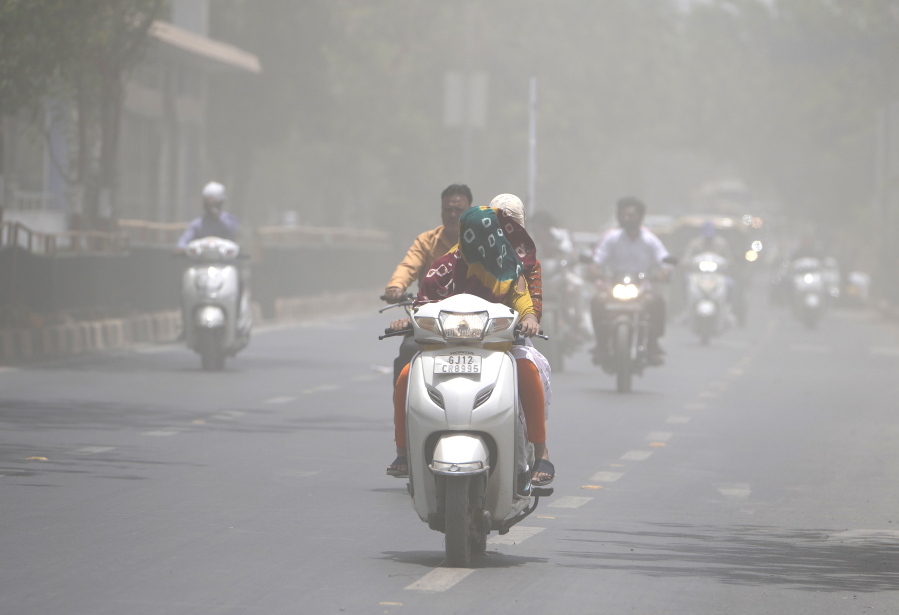NEW DELHI — The devastating heat wave which has baked India and Pakistan in recent months was made more likely due to climate change, according to a study by an international group of scientists on Monday. This, they say, is a glimpse of what the future holds for the region.
The World Weather Attribution group analyzed historical weather data and suggested that early, long heat waves that impact a massive geographical area are rare, once-a-century events. But the current level of global warming, caused by human-caused climate change, has made those heat waves 30 times more likely.
If global heating increases to 2 degrees Celsius (3.6 degrees Fahrenheit) more than pre-industrial levels, then heat waves like this could occur twice in a century and up to once every five years, said Arpita Mondal, a climate scientist at the Indian Institute of Technology in Mumbai, who was part of the study.
“This is a sign of things to come,” Mondal said.
The results are conservative: An analysis published last week by the United Kingdom’s Meteorological Office said the heat wave was probably made 100 times more likely by climate change, with such scorching temperatures likely to reoccur every three years.



